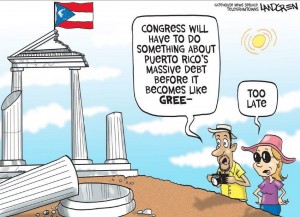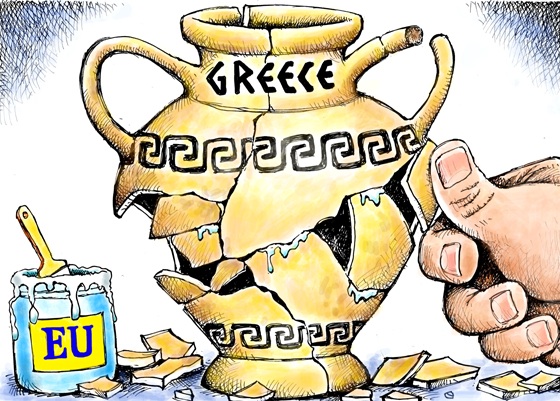A small but growing number of domestic helpers have absconded while overseas with their employers. The names of families and helpers involved have been changed.
Few statistics are available to quantify the situation in Britain, the US and Canada, but families who have experienced it in Britain say police there report it is a common occurrence..
Getting a visa for a domestic helper in Western countries can be difficult, amid fears they will abscond or fall prey to trafficking.
While the process varies from country to country, typically the employer must show a work contract and a significant work history, and the helper must prove strong ties to Hong Kong and their home country to allay concerns.
During the application process, consular staff also advise helpers on their rights, which can include being paid the minimum wage in the country they vis
When a family discovered their helpl was missing, they worried that she may have been injured. One day the help stayed at home while the family went out. But when they returned about 90 minutes later, she was gone.
Police found CCTV footage that showed her walking towards a nearby railway station.
“Then we were angry because we just didn’t see it coming.
“The police weren’t shocked and said this happens a lot.”
In another case, Michael and his wife were caught off guard in 2009 when their helper – who was hired in Hong Kong and moved with them to Dubai – ran away from a London park.
“She wanted to use the toilet and she was never to be seen again,” Michael said. Police told them such cases were common.
Advocacy groups for domestic workers in Hong Kong said they had not come across such cases, while the Immigration Department had no figures on domestic helpers absconding. But foreign consulates in the city do appear to be taking the matter seriously, as reflected in a tough approach to visa issuance.
Philip Kelly, director of the York Centre for Asian Research in Canada, who has studied labour migration trends for Filipino immigrants, said it was rare for helpers “to run away … simply to take advantage of greener pastures or better employment prospects”.











